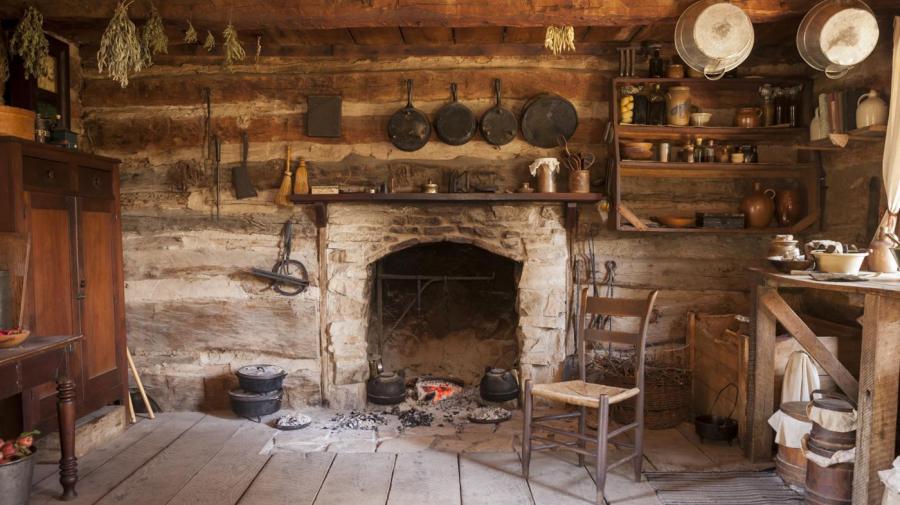What Hardships Did American Pioneers Face?

In America’s early days, pioneers headed west to make new homes or become gold prospectors, and on their journeys, which were often thousands of miles, they encountered disease, treacherous roads and enemies. Traveling rough roads in covered wagons often resulted in death from failed river crossings, accidents or Indian attacks.
The vast land of America was mostly unsettled in the 18th and 19th centuries when pioneers headed west. The country was young, and many of its inhabitants desired land and a comfortable farming life with a few acres of land to grow crops and raise animals. Others were swept up with gold fever of the mid 1800s and started out with fame and fortune in mind.
The way west was treacherous, and many people died from diseases such as cholera, smallpox, diphtheria and typhoid. There were no doctors or medications available, so pioneers died by the hundreds. The dead were buried along the trail in unmarked graves, and the rest continued on. Scurvy, a debilitating condition caused from a lack of fresh fruits and vegetables, was also prevalent.
Crossing rivers was another dangerous undertaking. Often in covered wagons, the unwieldy vehicles broke apart or got swept away. Any accident that caused cuts or broken bones potentially led to death from a lack of antibiotics and basic first aid.
Modern-day movies and stories portray Indian attacks as a main reason for pioneer deaths, but in reality, they were rare. Pioneers had much better weaponry than the Indians of the time.





